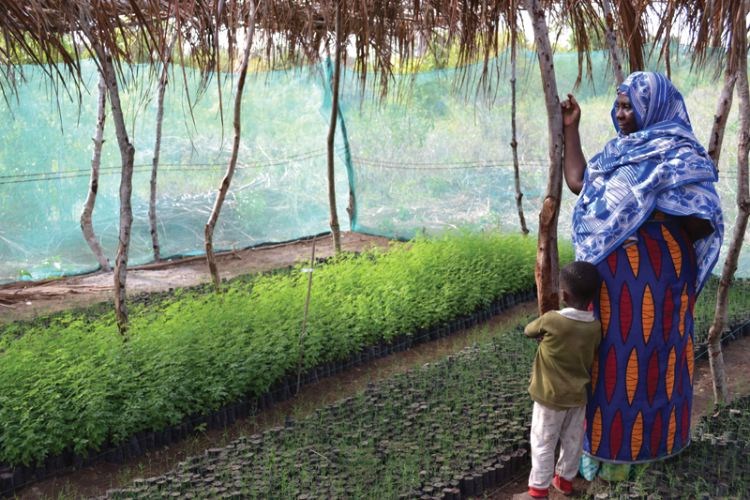The cofounder of Community Forests International met with tree planters in the Prince George region this weekend to seek their help planting the seeds of a better life for people half a world away.
Zach Melanson was in the Prince George region visiting four tree planter camps, asking workers to donate some or all of a day's earnings to support the creation and maintenance of community forests on Pemba Island -a small Tanzanian island north of Zanzibar.
"Every year I travel to camps in northern Ontario and central B.C. We were just blown away by the response," Melanson said. "A lot of people would give their whole day. They work one of the world's hardest jobs, and at the end of the day to give [their earnings] away, it's incredible."
In 2008 Canadian tree planters Melanson, Jeff Schnurr, Estelle Drisdelle and Daimen Hardie founded Community Forests International in New Brunswick, after Schnurr spent eight months living on Pemba with a Tanzanian friend.
"It's a tiny island and, according to the last survey... there was over 300,000 people living there. It's a very degraded landscape," Melanson said. "They really wanted to know if they could plant trees, and if Jeff could help them."
Schnurr worked with locals to help them gather seeds from local tree species, grow seedlings and plant trees for fruit, timber and conservation. When Schnurr returned home, he reached out to his fellow tree planters.
They started small, asking for donations from other tree planters and it grew rapidly from there.
Last year the charity raised more than $10,000 in B.C. and almost $21,000 in total, Melanson said.
"Now we work with 18 communities on the island. All the nurseries are owned and operated by the communities. We worked with the government there to secure community land," he said. "Over a million trees has been planted. It's remarkable. The trees grow so fast there, there are forests with trees 60 feet tall. Before where it was dry and unsheltered, there is a forest."
They plant 30 different species that provide food, fuel, animal fodder and wood for furniture. Some of the species can be harvested for home building materials in as little as three years, he said.
For the people of the island, many of whom are subsistence farmers, he said, the trees have helped them improve their quality of life.
Animal species are returning to the forests, Melanson said, and many of the older residents say it reminds them of when they were young.
The charity has since helped fund solar power projects and rainwater cisterns on the island.
"A handful of tree planters are transforming the island. No, actually the islanders are transforming the island," he said. "They just needed a bit of a leg up."
For more information, go online to forestsinternational.org.



